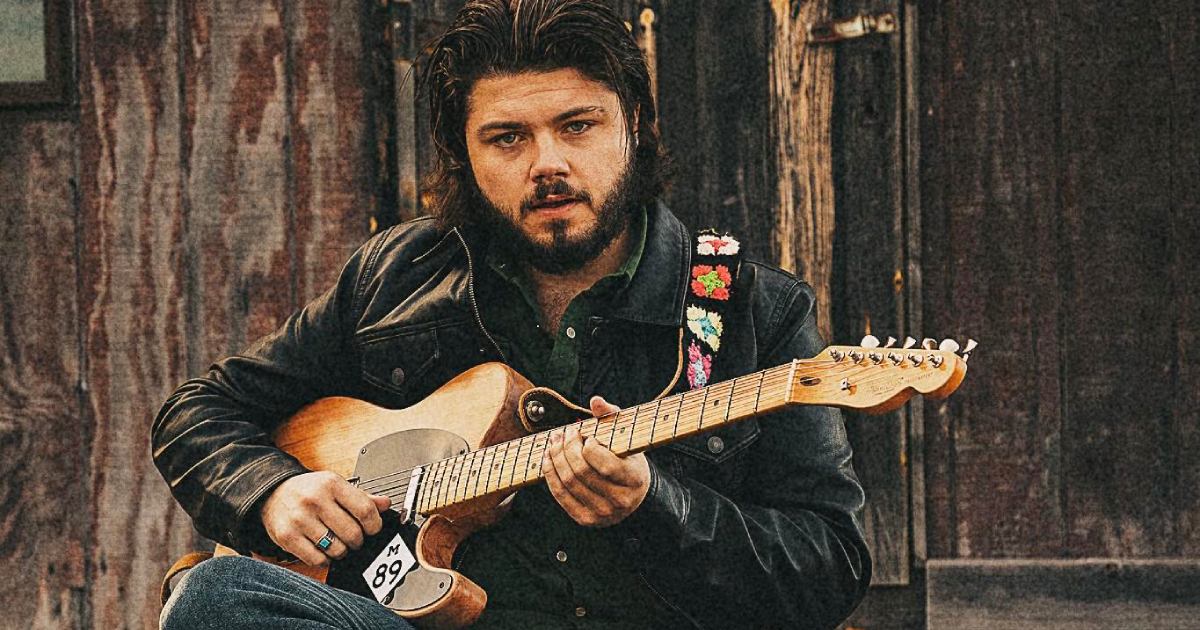A Tribe Called Red
The Pyramid Scheme, Grand Rapids
Feb. 13, 8 p.m.
$12 advance/$15 day of
18+
pyramidschemebar.com, (616)272-3758
When it comes to A Tribe Called Red's fusion of indigenous rhythms and electronic dance beats, those came naturally.
"All we really do is mash up dance music, because powwow music is dance, and so is club music," said Ian "DJ NDN" Campeau.
Since Campeau, Dan "DJ Shub" General and Bear Witness met in 2007, they found widespread recognition, political activism and cultural integration were all in their hand. As a result, the group released its self-titled debut album as a free online download, a strategy that has contributed to a growing fan base that began in the clubs of Ottawa, Ontario.
"When you see other indigenous DJs in a club, you get to know each other pretty quickly," Campeau said. "We wanted to throw a party, to make music geared toward, but not limited to, the aboriginal population in Ottawa."
Since then, ATCR has been recognized alongside contemporaries such as Tegan and Sara and Drake as nominees for Canada's prestigious Polaris Music Prize.
"It's a prize based on artistic merit alone," Campeau said. "It has nothing to do with record sales or anything. The people that vote are music lovers, music nerds and music historians. It was such a huge deal to not have to sell a million records to be noticed."
ATCR has fully embraced its visibility as a way to raise awareness toward indigenous culture, a central goal for its members. The name is a testament to the group's aim to unite and celebrate indigenous people worldwide and to derail deeply ingrained cultural stereotypes. The live shows further that with homemade videos that disprove many misconceptions.
"Our videos show very racist images of native people, so we are putting up a mirror of what is shown through the media as a portrayal of indigenous people," Campeau said.
According to Campeau, the videos are a juxtaposition to the band members, a statement showing not all natives fit certain stereotypes.
"An average North American doesn't think of a native person in jeans and a hoodie and a baseball cap smiling for photo shoots," Campeau said. "We're trying to show we're able-bodied people in society today, and we're taking down those colonial views."





